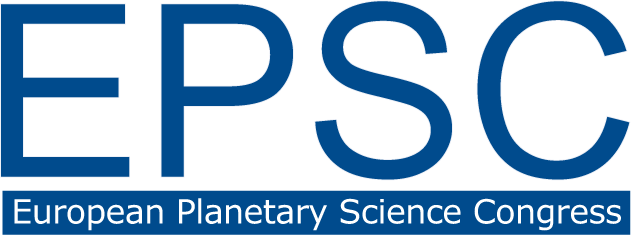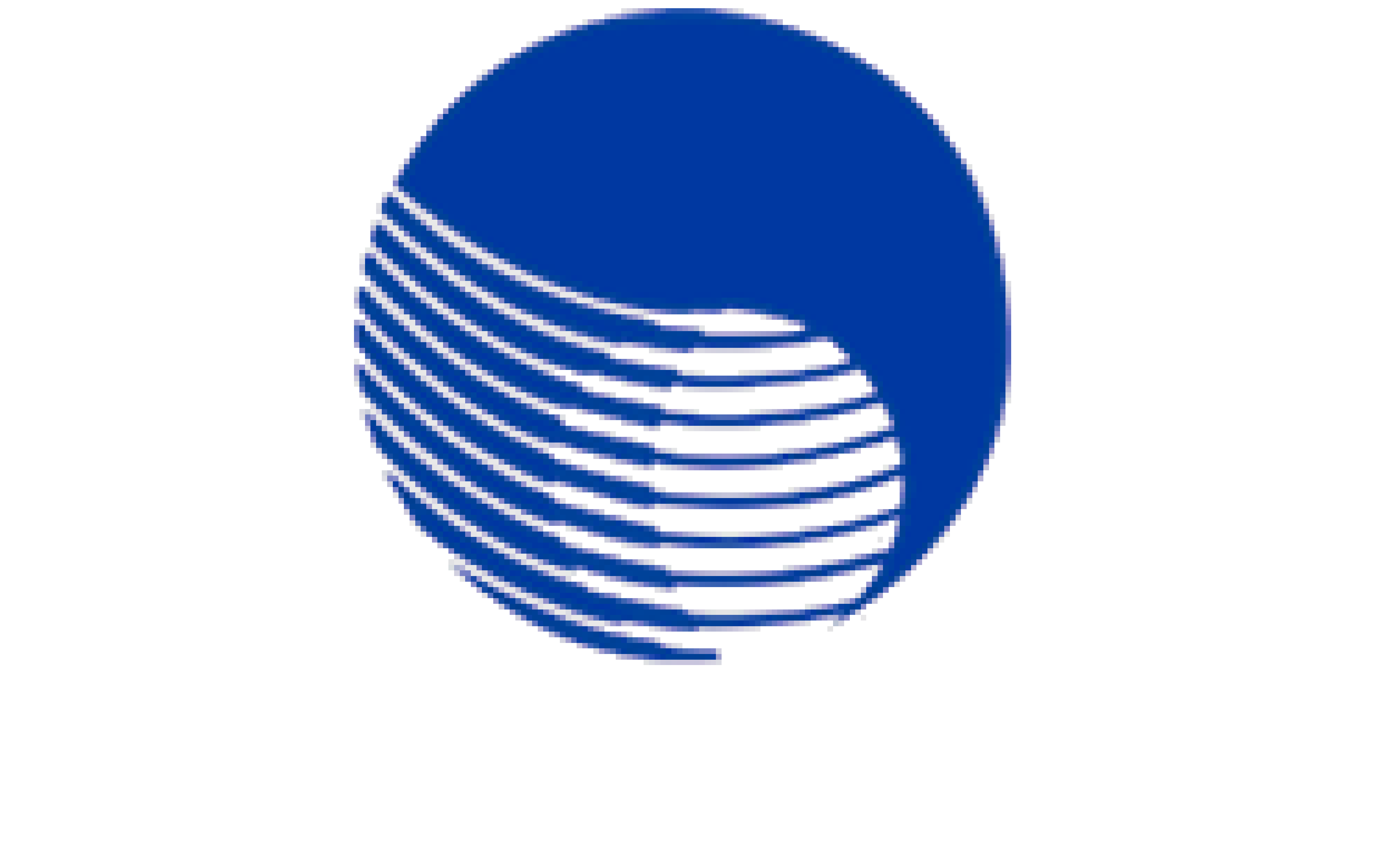The EPSC symposium "Open Lunar Science & Innovation (International Conference on Exploration & Utilisation of the Moon ICEUM14) " will address:
- Celebrating the legacy of Apollo and Luna programmes
- Recent lunar results: geochemistry, geophysics in the context of open planetary science and exploration
-Synthesis of results from Clementine, Prospector, SMART-1, Kaguya, Chang’e 1, 2 and 3, Chandrayaan-1, LCROSS, LADEE, Lunar Reconnaissance Orbiter, Artemis and GRAIL
- First results from Chang'E 4, Chandrayaan2, Space IL
- Goals and Status of missions under preparation: orbiters, Luna25-27, SLIM, Chang'E 5, GLXP legacy, commercial landers, Future landers, Lunar sample return missions
- Precursor missions, instruments and investigations for landers, rovers, sample return, and human cis-lunar activities and human lunar surface sorties
- Preparation for International Lunar Decade: databases, instruments, missions, terrestrial field campaigns, support studies
- ILEWG and Global Exploration roadmaps towards a global robotic/human Moon village
- Strategic Knowledge Gaps, and key science Goals relevant to Lunar Global Exploration
- The Moon Village with the goal of a sustainable human and robotic presence on the lunar surface as an ensemble where multiple users can carry out multiple activities.
- The Moon for planetary science, life sciences, astronomy, fundamental research, resources utilisation, human spaceflight, peaceful cooperation, economical development, inspiration, training and capacity building.
- How a laboratory on the Moon should be equipped to be useful for a variety of disciplines, including geology, biology, and chemistry
- How can the Moon Village serve as a stepping stone for exploration of Mars and planetary bodies even further away?
-Historical, societal, humanistic aspects of lunar exploration
Lunar science and exploration are developing further with new and exciting missions being developed by China, the US, Japan, India, Russia, Korea and Europe, and with new stakeholders.
The session will include invited and contributed talks as well as a panel discussion and interactive posters with short oral introduction.

